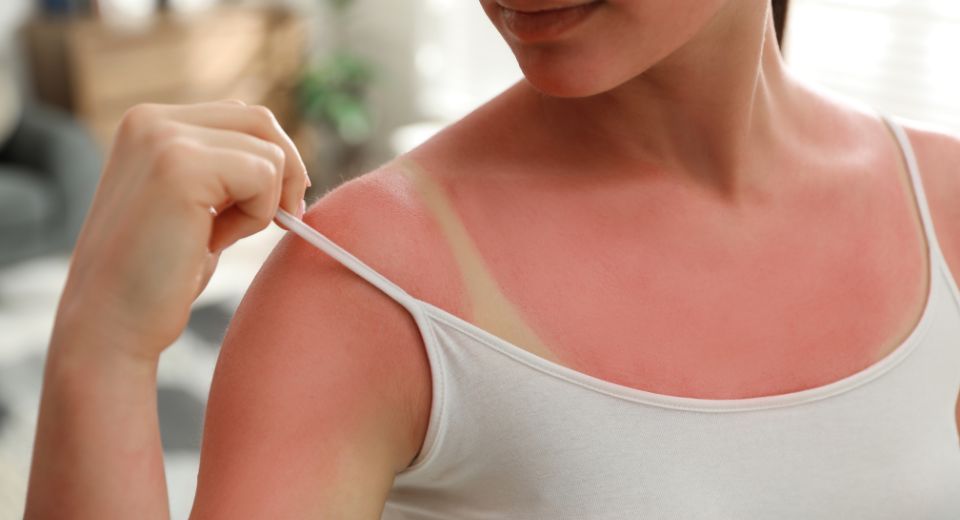June 18th, 2013
Seasonal Topics
3 Minute Read

Share On Your
Favorite Platform
Favorite Platform

Get Notified of
New Content
New Content





